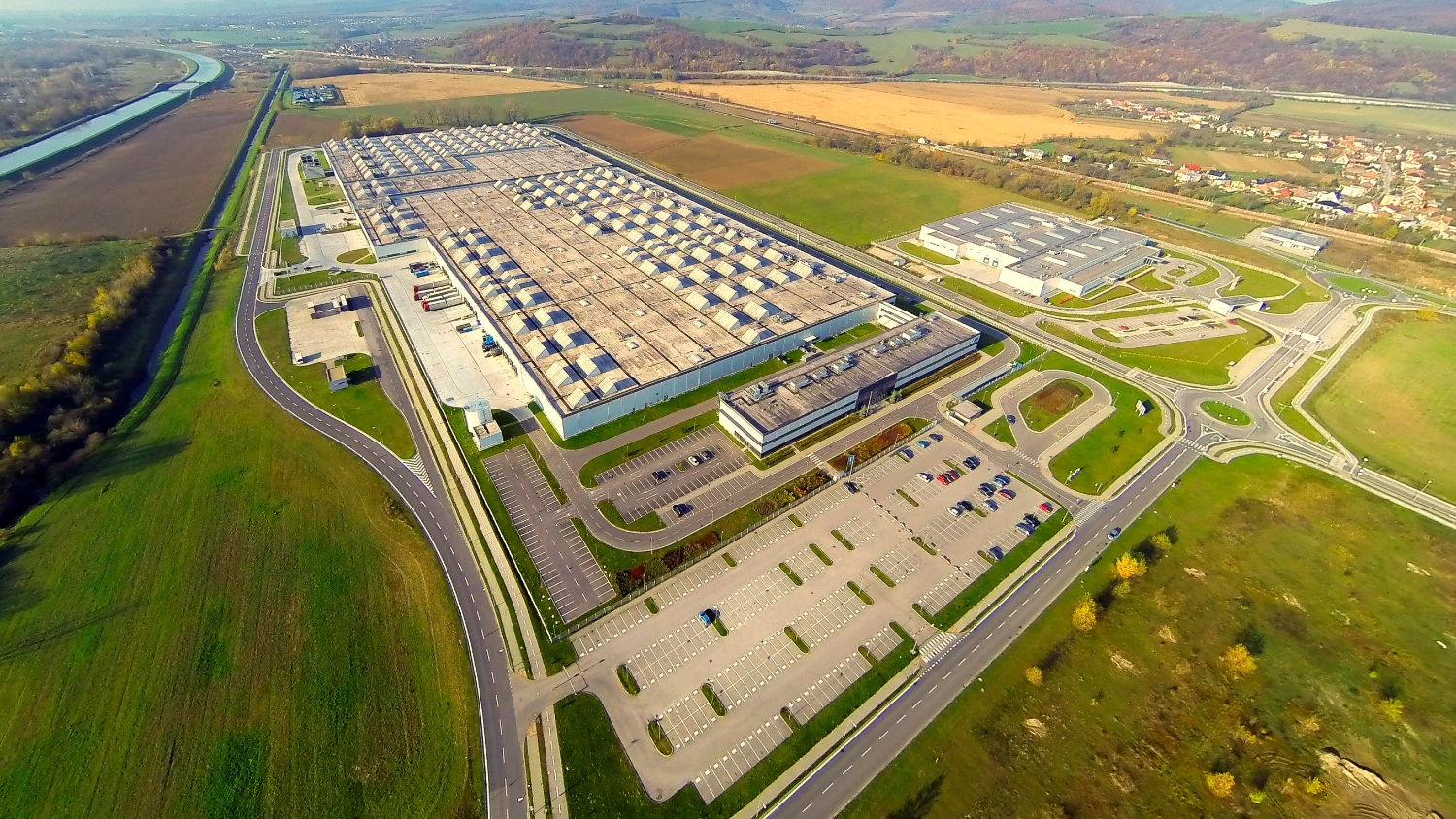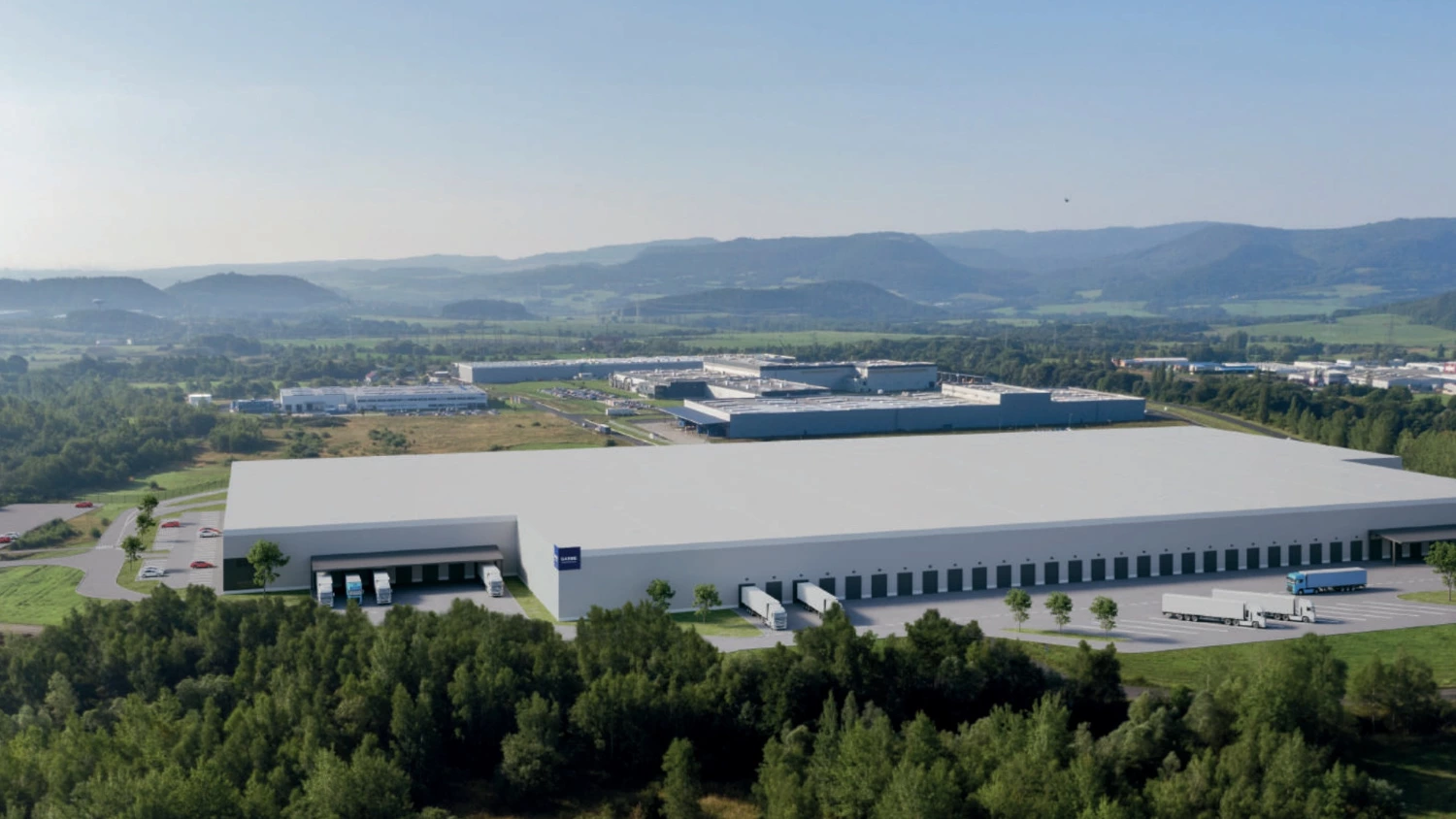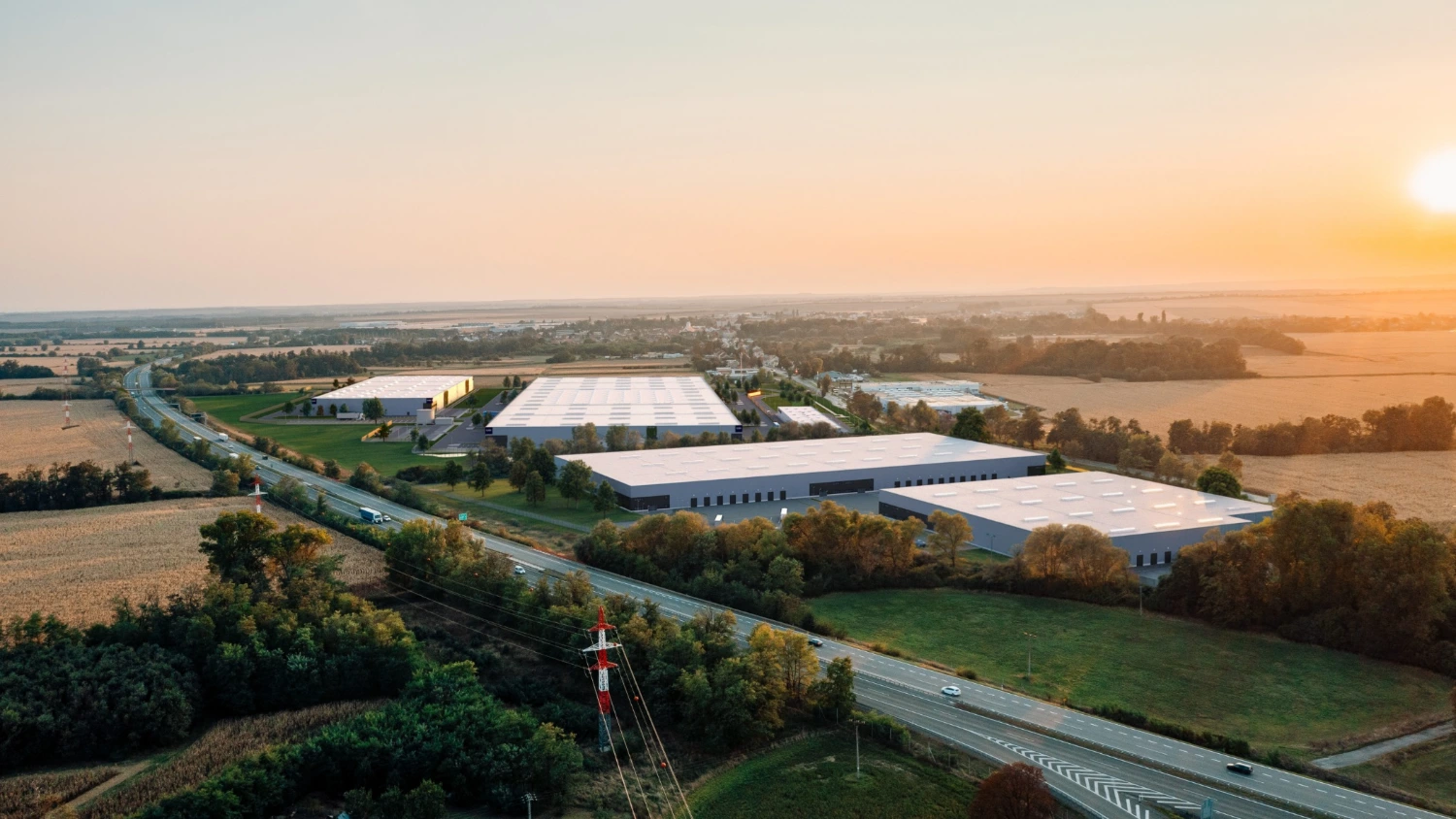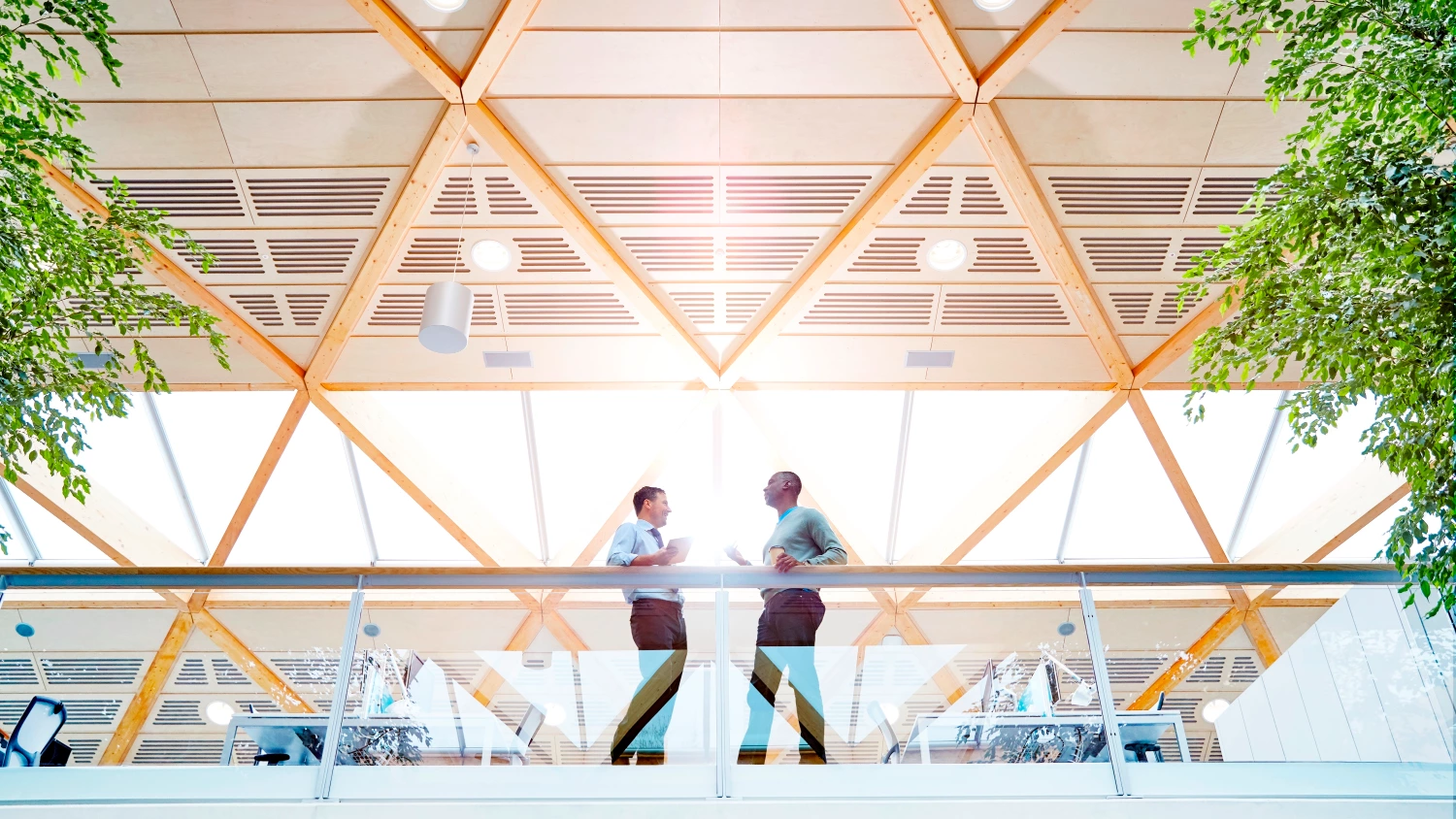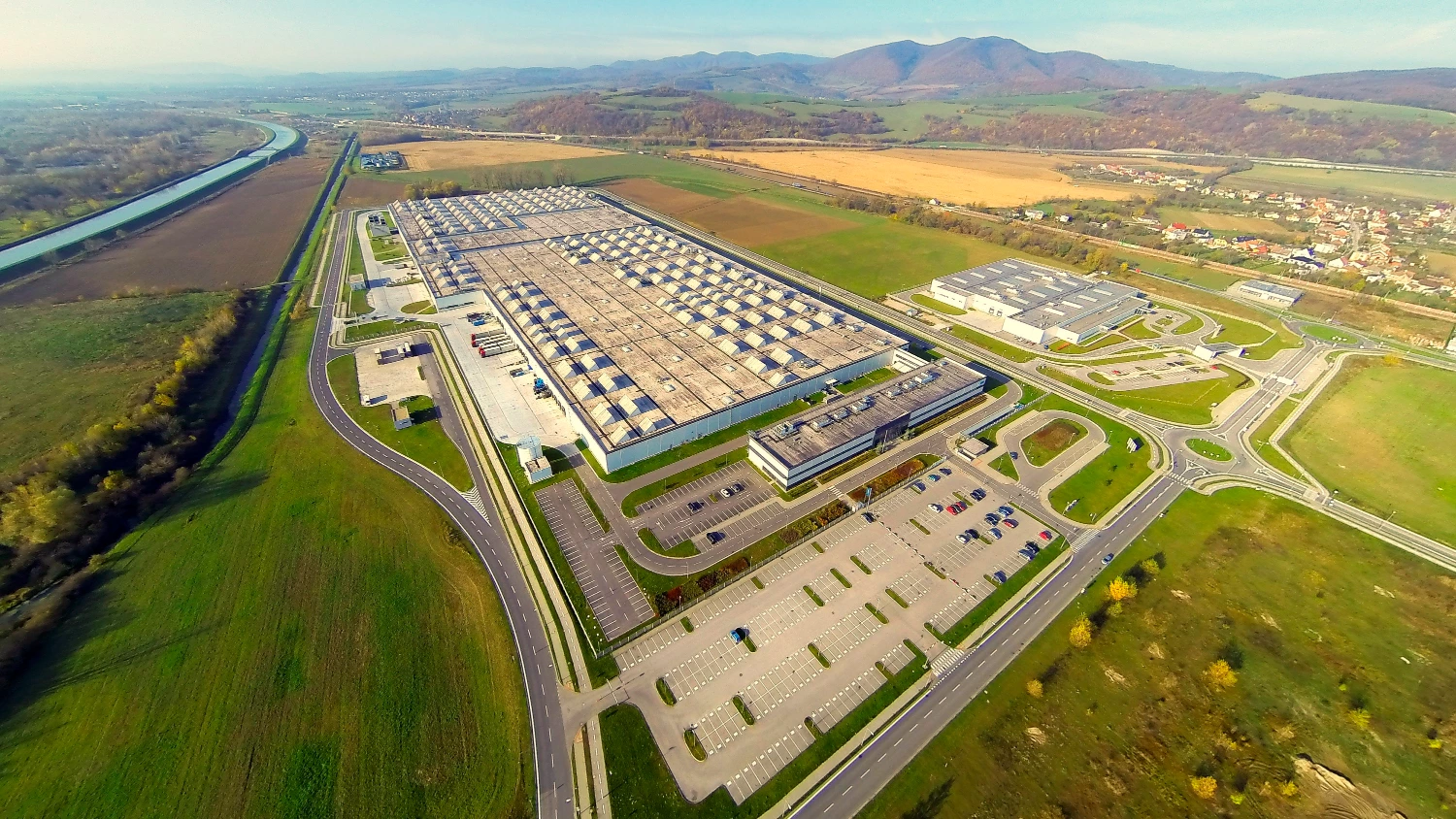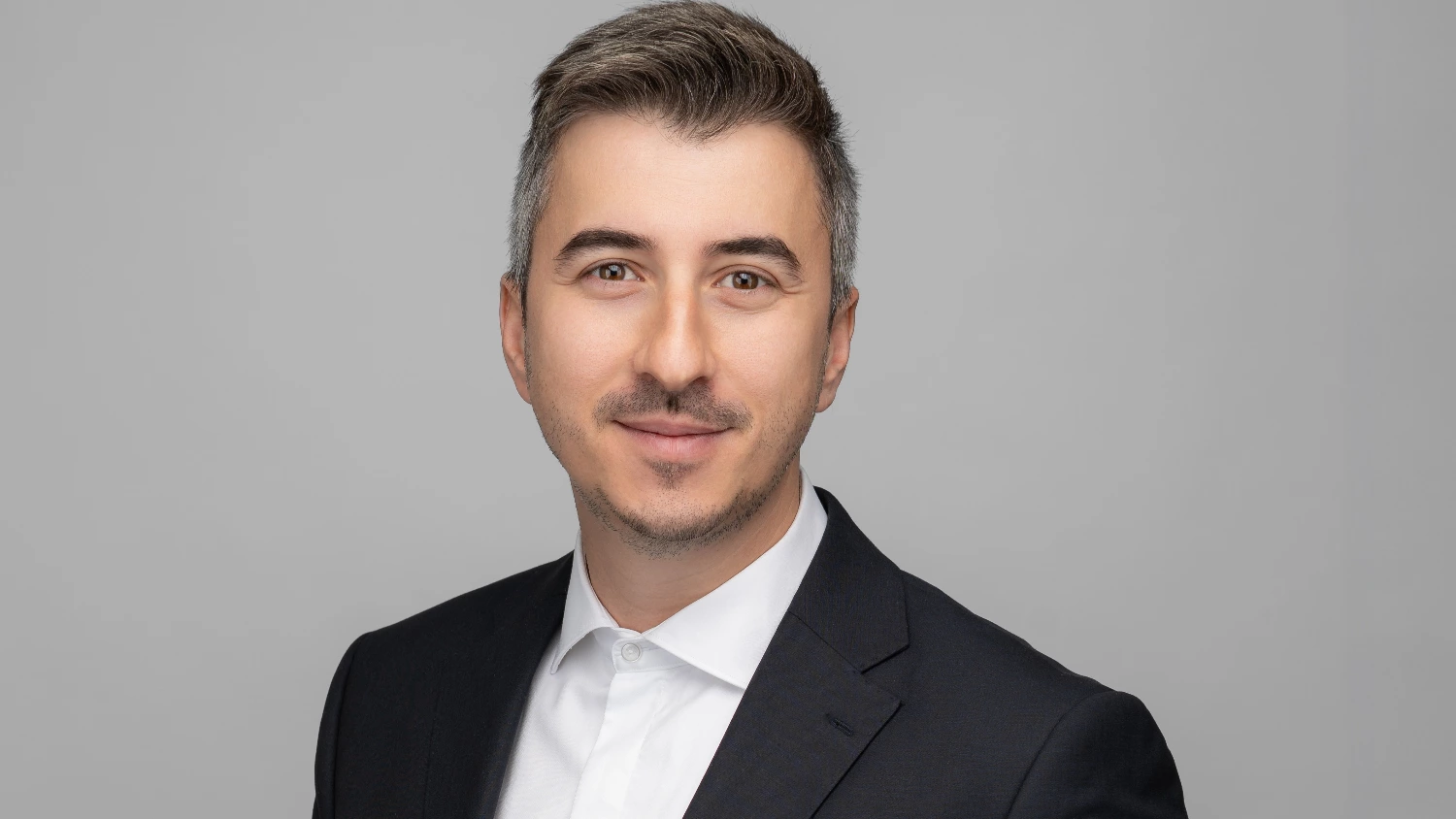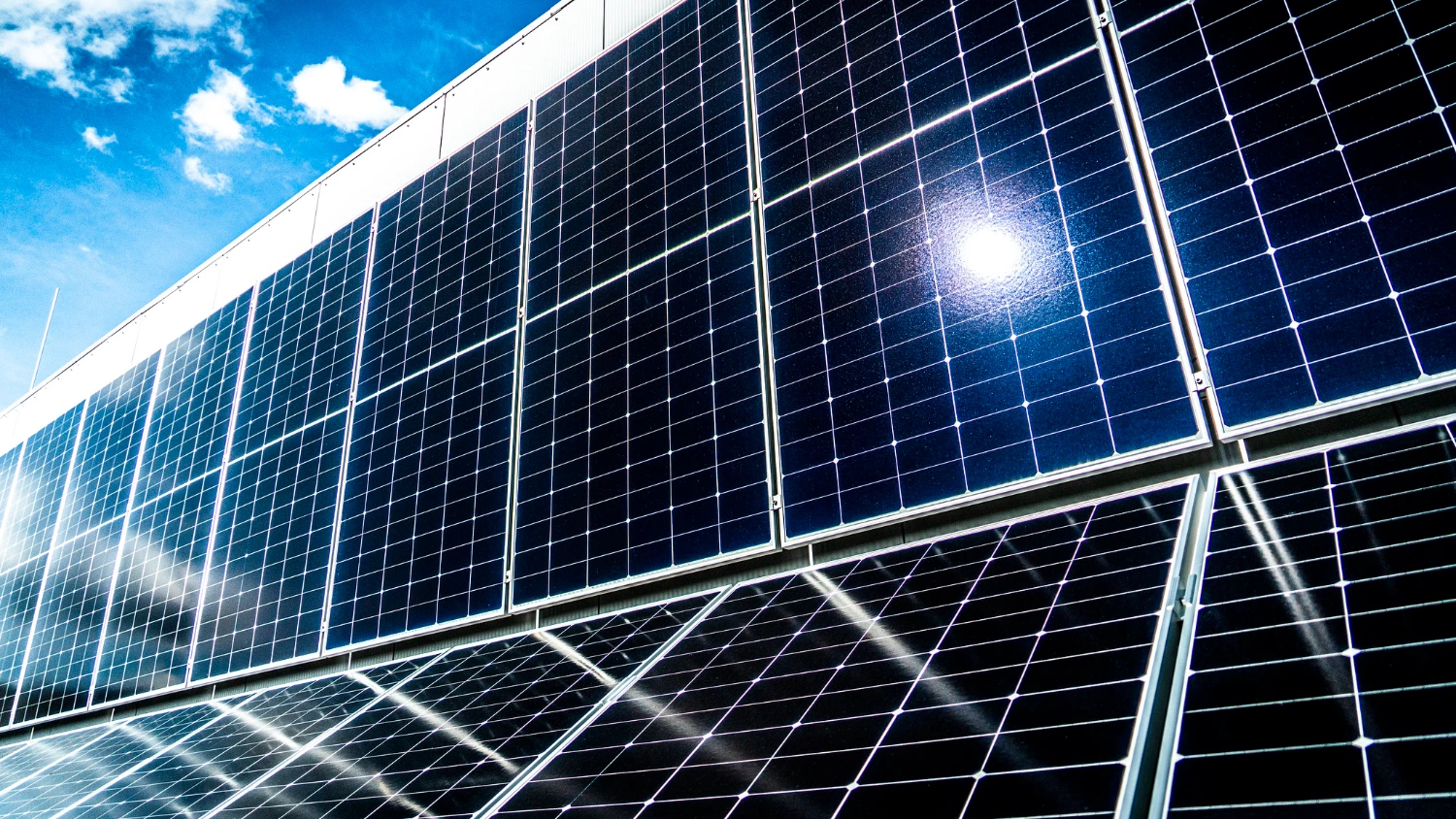While growth rates vary between countries, the overall fundamentals remain robust, driven by sustained demand, nearshoring strategies, and the increasing adoption of automation technologies.
A total of 0.43 million sqm of new industrial space was delivered during the quarter, with a further 2.83 million sqm currently under construction. Vacancy across the region averaged 5.0%, with significant national variation—from 3.1% in Czechia to nearly 10% in Hungary—providing both occupiers and landlords with a range of opportunities.
“The CEE industrial sector continues to prove its strategic importance for Europe's future—dynamic, resilient, and increasingly sophisticated. We're seeing growing demand not just for well-located assets, but for smarter, more sustainable buildings that align with occupiers' long-term operational and ESG strategies,” said James Fitzgerald, Regional Director at Industrial Agency CEE & SEE.
Markets such as Czechia and Croatia recorded strong new demand during Q1, while other countries experienced more tempered activity. Location, timing, and product type are playing a greater role than ever in leasing decisions.
Net take-up reached 0.51 million sqm in Q1 2025 (excluding Croatia and Bulgaria), with 46% of this volume driven by production activity and underlining the continued shift in focus from purely logistics-driven demand to near-market manufacturing.
Slovakia and Romania are experiencing increased interest in build-to-suit solutions from manufacturing occupiers. Meanwhile, Czechia remains one of the most efficient markets in terms of occupancy, where even a slight rise in vacancy to 3.1% is closely monitored due to limited space in key submarkets.
Tenant expectations are evolving. Warehouses must now support advanced operations, including robotics, smart inventory systems, and AI-enabled forecasting. Technological readiness is fast becoming a key decision-making criterion. Companies are asking not only where the building is, but whether it can support their five-year tech roadmap.
Sustainability is another rising priority. Across the region, developers offering energy-efficient, ESG-compliant properties are gaining a competitive edge. Demand for BREEAM or LEED-certified buildings, solar-ready rooftops, and lower operating costs is no longer limited to international occupiers—local companies are increasingly prioritising these factors as well.
Despite broader geopolitical and economic headwinds, the CEE industrial real estate sector remains stable and active. Gross take-up reached 0.98 million sqm in Q1 (excluding Croatia and Bulgaria), and net take-up increased by 3% year-on-year across the region's five core markets. The market is not slowing; it is simply becoming more selective and data-driven.

